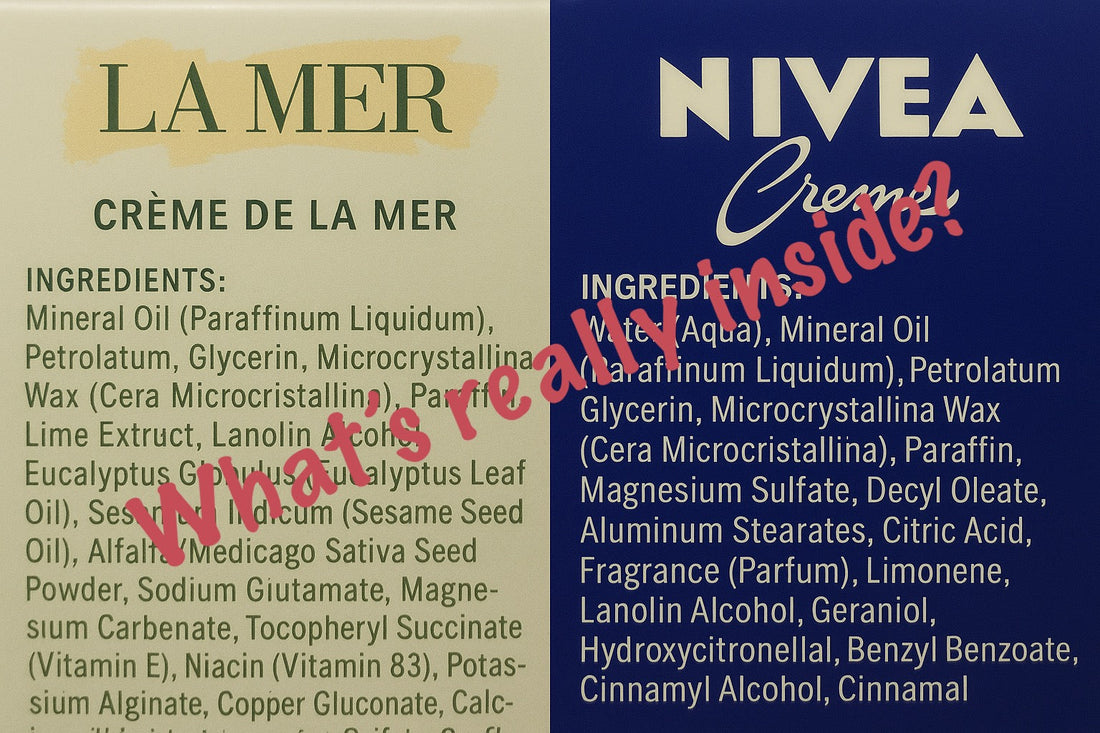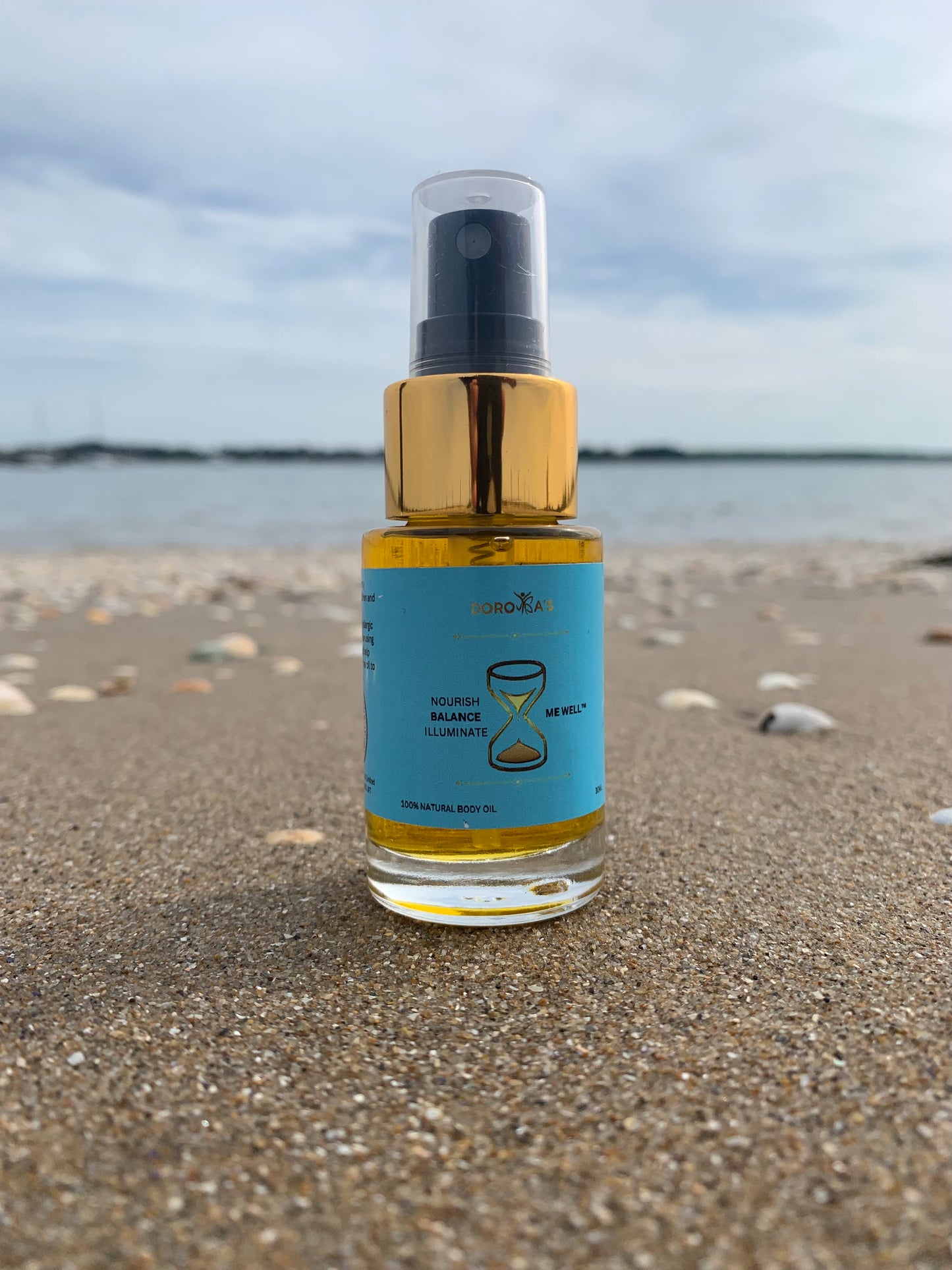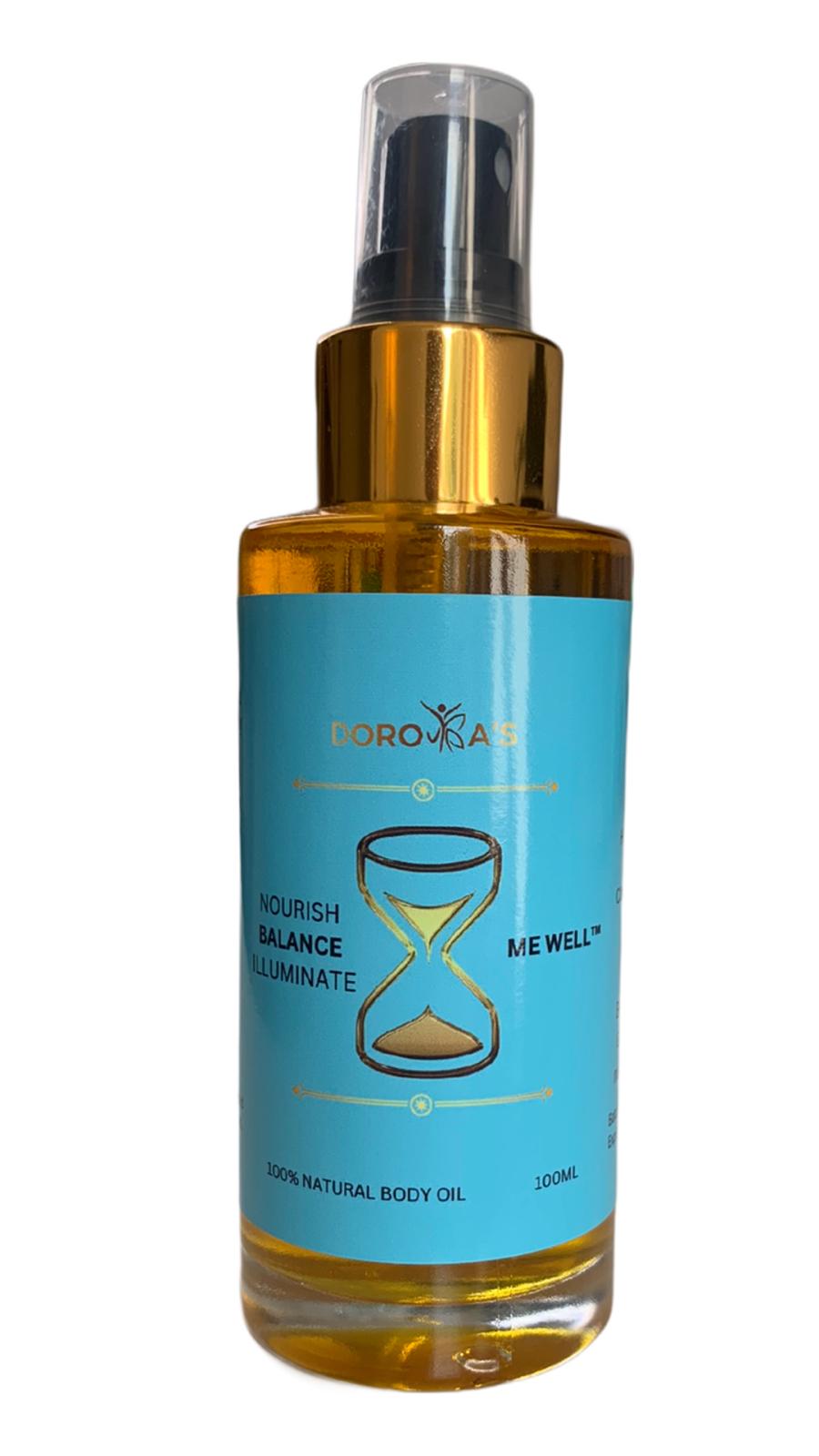
Are You Paying for Science or Status?
Share
Let’s be honest: most of us don’t read the ingredients on our skincare jars. We see glossy ads, luxury packaging, a fancy backstory involving sea kelp harvested under a full moon, and we think, “That must be good for my skin.” Then we hand over hundreds (sometimes thousands) of pounds for a cream.
But here’s the uncomfortable truth: often, you’re paying for status, not science.
What’s in the Jar?
Two iconic creams, two wildly different price tags:
-
Crème de la Mer – luxury, £150–£2,500 a jar
-
Nivea Crème – humble blue tin, a few quid at Boots
Here’s how their ingredients stack up:
| Shared Ingredients | La Mer Extras | Nivea Extras |
|---|---|---|
| Mineral Oil | Fermented Sea Kelp Extract ("Miracle Broth") | Magnesium Sulfate |
| Petrolatum | Vitamins C & E | Decyl Oleate |
| Glycerin | Plant Oils (sesame, sunflower, etc.) | Citric Acid |
| Microcrystalline Wax | Niacin (Vitamin B3) | Fragrance allergens (limonene, linalool, etc.) |
| Paraffin | Eucalyptus Oil | — |
| Lanolin Alcohol | Alfalfa Seed Powder | — |
Both rely heavily on petrolatum, mineral oil, and waxes — thick occlusives that sit on the skin and prevent water loss. That’s why both creams feel rich and heavy.
The Fragrance Factor
Here’s something many people don’t realise: both creams are fragranced.
-
La Mer has essential oils like eucalyptus — natural but potentially irritating if you’re sensitive.
-
Nivea uses synthetic fragrance allergens like limonene and linalool.
Fragrance makes a cream smell nice and feel “luxury,” but from a dermatology perspective, it’s one of the top causes of sensitivity. In fact, many dermatologists prefer recommending plain petrolatum (Vaseline) because it has zero fragrance and is hypoallergenic.
The Price Tag Problem
So why does one cost hundreds and the other a handful of coins?
-
Brand story: La Mer has a legendary origin tale — a NASA scientist, a burn accident, 12 years of kelp fermenting alchemy. It’s compelling. But storytelling doesn’t equal superior skincare.
-
Luxury positioning: High prices create exclusivity. When you pay £200 for a jar, you’re not just buying cream — you’re buying how it makes you feel. The prestige, the status, the little thrill when you place it on your bathroom shelf.
-
Consumer behaviour: Studies show people genuinely perceive expensive products as better, even when blind-tested formulas are nearly identical. That’s marketing psychology at work.
Science vs. Status
Dermatologists often recommend petrolatum-based creams (like Vaseline or Nivea) as some of the most effective moisturizers. Why? Because they’re occlusive, inexpensive, and clinically proven to prevent water loss.
La Mer isn’t “bad” — but it’s not a miracle either. It’s skincare dressed in luxury clothing. If that ritual makes you feel fabulous, great. But don’t confuse price with performance.
The Takeaway
-
Read ingredients, not adverts. If the first few lines look like mineral oil, petrolatum, wax, glycerin… you’re basically paying for a barrier cream.
-
Don’t confuse status with science. Feeling pampered is wonderful — just know when you’re buying results and when you’re buying marketing.
-
Your skin doesn’t care about branding. It only cares about what’s inside the jar.
Our Promise at ME WELL™
At ME WELL™, we believe skincare should be honest, natural, and effective — without the smoke, mirrors, or paid endorsements. Our body oils and blends are packed with botanicals your skin can actually use — not just fancy names that look good on a luxury jar.
Because good skin isn’t about status. It’s about ingredients that work.



